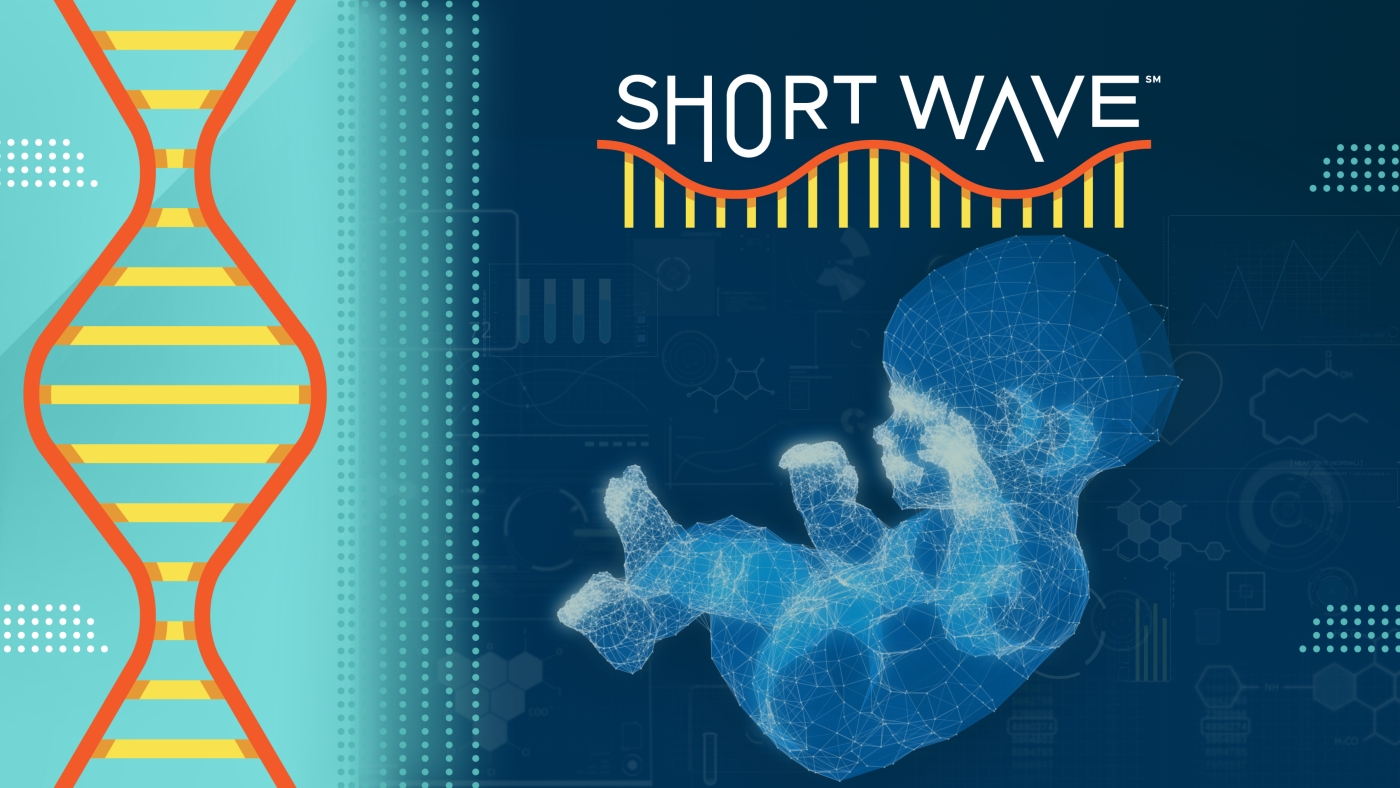The controversial field of gene-editing technology is experiencing renewed interest following the 2018 announcement by Chinese scientist He Jiankui, who claimed to have engineered the birth of the first genetically modified babies. This revelation ignited a fierce ethical debate within the scientific community, largely due to the use of the experimental CRISPR technique, which was still in its infancy at the time.
Jiankui’s announcement and the subsequent birth of twins, known as Lulu and Nana, raised significant concerns regarding the implications of gene editing in human reproduction. Many experts criticized the endeavor as reckless and unethical, arguing that the long-term effects of such genetic alterations were unknown. The event marked a pivotal moment in the ongoing dialogue about the potential and perils of gene editing.
Current Developments in Gene-Editing Technology
Since Jiankui’s revelation, the landscape of gene-editing has evolved, with various companies and researchers exploring its applications in more controlled and ethical environments. Notably, the focus has shifted towards therapeutic uses of gene editing, aiming to address genetic disorders rather than enhancing human traits or capabilities.
According to Rob Stein, a science correspondent for National Public Radio (NPR), ongoing research efforts are seeking to refine gene-editing technologies to ensure safety and efficacy. This shift represents a growing consensus among scientists who emphasize the importance of establishing robust ethical frameworks before proceeding with human applications.
In recent years, several initiatives have emerged that aim to push gene-editing technology forward responsibly. These projects often involve collaborations between academic institutions and biotech companies, focusing on developing therapies for conditions like sickle cell disease and muscular dystrophy. Such applications highlight the potential of gene editing to transform medicine while prioritizing patient safety.
Ethical Considerations and Future Implications
The ethical debate surrounding gene editing continues to be a focal point of discussion. Concerns about “designer babies,” where parents could potentially choose specific traits for their offspring, remain prevalent. Many scientists advocate for stringent regulations and oversight to prevent misuse and ensure that gene-editing technologies are used to benefit humanity rather than pose risks.
As the field progresses, it is essential for stakeholders, including policymakers, ethicists, and scientists, to engage in ongoing dialogue about the implications of gene editing. The lessons learned from He Jiankui’s controversial experiment serve as a reminder of the responsibilities that come with such powerful technologies.
Future advancements in gene-editing technology promise to offer transformative solutions for various medical challenges. However, the path forward must be navigated with caution, ensuring that ethical considerations are at the forefront of innovation. The commitment to responsible research and application will determine how this powerful tool shapes the future of human health.





































































